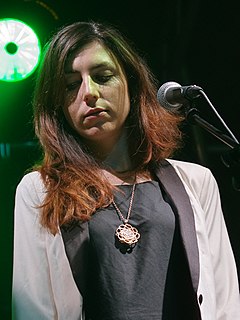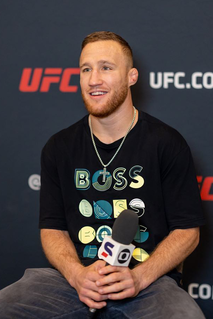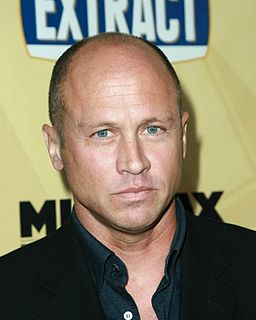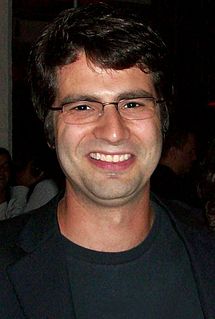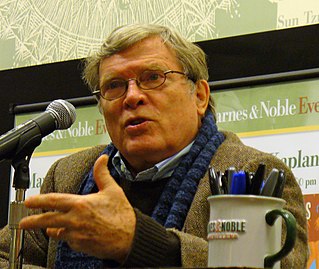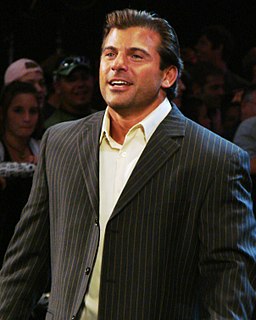A Quote by Julia Holter
Related Quotes
Sometimes I go to a test screening and look at the audience in line, and I start to go, "Okay, I bet this is going to work, and this isn't going to work." It's weird, but just going and facing the music and putting it out before a crowd, even before it starts playing, that exercise of putting it up on a screen for people makes you realize things even before it starts rolling. It's really weird. I've heard other people say that, too.
What am I always going to do? I'm going to go home and freak out.I'm going to sit with my family and try not to talk about myself and what's wrong. Im going to try and eat. Then I'm going to try and sleep. I dread it. I can't eat and I can't sleep. I'm not doing well in terms of being a functional human, you know?
When you're editing, you're putting it together in a way that makes sense metaphysically. You're not inventing it, but you're finding the story that's there. You're making a play that's eventually going to go on stage and present itself to an audience. You want to show what happened, not exactly what you have evidence of happening.
